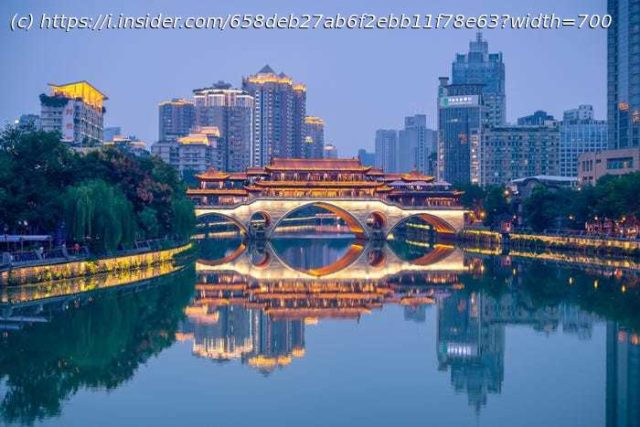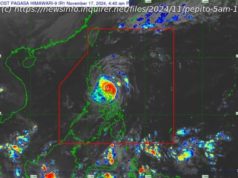The crash was a tragic accident. It’s also what happens when 95,000 tons of modern cargo ship meets America’s aging infrastructure.
This post originally appeared in the Insider Today newsletter.
You can sign up for Business Insider’s daily newsletter here.
Welcome back to our Sunday edition, a roundup of some of our top stories.
Are you an early riser? I’m not, so I was impressed when a colleague set out to replicate Apple CEO Tim Cook’s daily routine, setting an alarm for 4.45am. She finished the week exhausted and with a budding caffeine addiction.
On the agenda today:
Sam Altman is rubbing some VCs the wrong way.
America is in the midst of a retirement crisis.
Microsoft Copilot users want it to be more like ChatGPT.
Japan’s economic recovery is a warning shot for China.
But first: The effects of the fatal bridge collapse in Baltimore will be felt for months. Here’s a rundown in under 200 words.
Enjoying our minute-long recaps of major news events? Let me know here.
If this was forwarded to you, sign up here. Download Insider’s app here.This week’s dispatchA disaster in Baltimore
At 1:28 a.m. ET Tuesday, the 984-ft long container ship Dali crashed into the Francis Scott Key Bridge in Baltimore, bringing it down.
The ship had lost power and called in « mayday. » On-site officers can be heard holding traffic from the bridge in dispatch audio. The impact was captured on a livestream. A small construction crew had been fixing potholes on the bridge itself. Six are presumed dead.
The Port of Baltimore is now closed « until further notice, » halting some $15 million in daily economic activity. Cruise ships have been rerouted. The auto industry is facing supply chain concerns, with the port the top US handler for auto imports and exports.
There are environmental concerns. The ship carried 764 tons of hazardous material, and some containers have been breached.
Home
United States
USA — Events The effects of the fatal bridge collapse in Baltimore will be felt...






